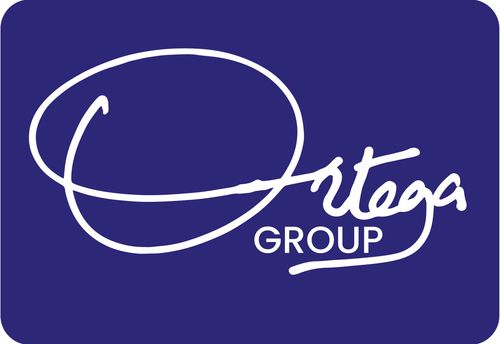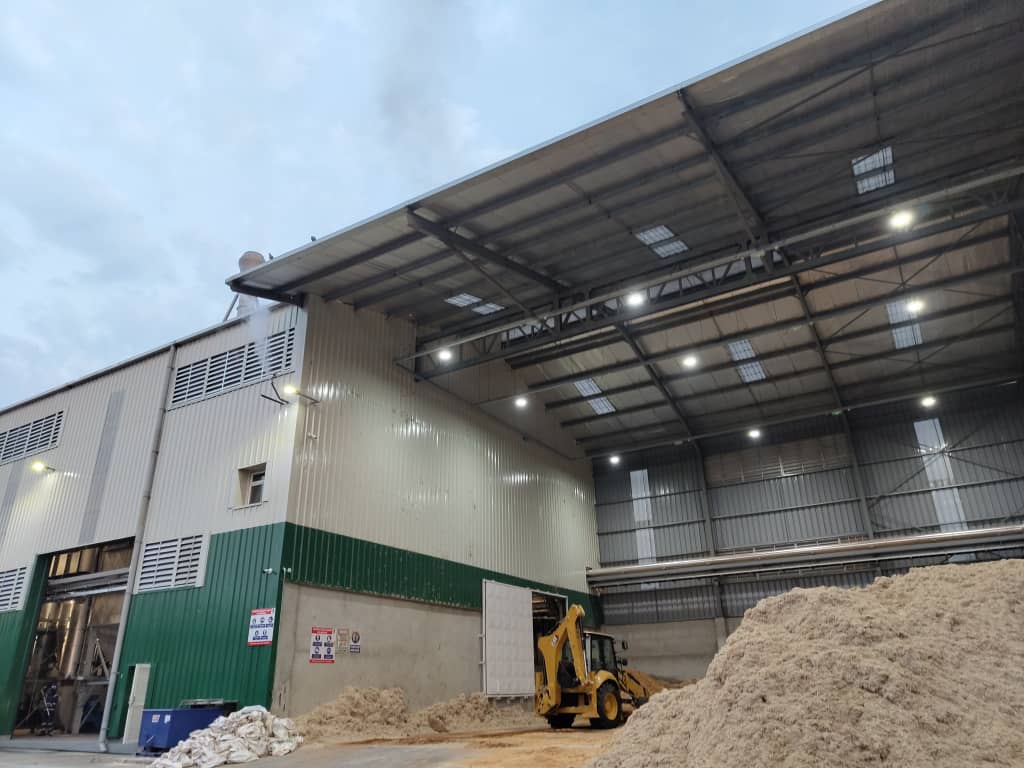Accounting is the old language of business. This language has always been expressed by one word -profit. Thus, for centuries, businesses all over the world have always spoken that one language, the one of profit. Careers were built on the ability to demonstrate an understanding of the ‘profit’ language.
This language has always made sense, and it was clear to everyone, that business existed to make money. If a business didn’t make money, it made no sense. In this time, Thomas Friedman’s theory held true, the role of the business was nothing less than shareholder wealth maximization.
R. Edward Freeman then came around and asked us to challenge our notion of shareholder theory. He argued that there were more people to do with business beyond the shareholders. These, Freeman called the stakeholders of a business. And that business owed something to these stakeholders. These groups included the suppliers, the employees of a business, the customers, the government, and the communities where the business operated. This stakeholder theory would give birth to the world of Corporate Governance together with the principal-agent theory.
The language of business had changed. In 2004, the United Nations led by Secretary General, Kofi Annan, produced an issue report titled “Who Cares Wins”, it was a call to future proof investments and to enable businesses better integrate Environmental, Social and Governance aspects into their ways of doing business. This progressively led to the Principles for Responsible Investment and the Guidelines from the Organization for Economic Cooperation and Development.
On 1st January 2016 when the United Nations Sustainable Development Goals (SDGs) came into effect, it marked the transition to the New Language of Business (NLOB). Never again were business going to speak only the language of profit. There was now need to go beyond profit. We wanted to know that the business had made a profit, but we also needed to know how this profit had been made. Thus, the new language of business is one beyond profit, it’s the language of the triple bottom line (profit, people and planet), it’s the language of sustainability.
Sustainability has been defined as “meeting the needs of the present without compromising the ability of future generations to meet their own needs.” The question then arises; are Ugandan businesses ready to speak the new language of business? Will they be too late to the party? Are the structures speaking this language? These are the pertinent issues:
Policy and Legal Frameworks
One of the guiding frameworks for the new language of business is the ‘Uganda UN Sustainable Development Cooperation Framework 2021-2025’. Within this framework, is the commitment to align Uganda’s National Development Plans together with Agenda 2030. The Government of Uganda did identify governance, environment and industry as key accelerators for its development and transformation objectives. Thus, businesses in Uganda by and large have been called to align to this framework. This framework has three strategic priorities: Transformative and Inclusive Governance, Shared Prosperity in a Healthy Environment, and Human Wellbeing and Resilience. See here for Uganda’s National Determined Contributions to the Paris Agreement:
The legal frameworks must be fast-tracked and stakeholders that share this objective must start to shape the conversation. Again, will it be a Uganda Sustainability Board? Will it be a Uganda Sustainability Act? Will the current National Environmental Management Authority (NEMA) be reformed and restructured to serve the higher mandate of this new language of business that encompasses the economic, environment, social and governance aspects?
Sustainable Financing
As businesses in Uganda transition to cleaner and renewable energies, to greener supply chains, to enhanced circular economies, there is a growing need for reliable financing for these efforts. This is going to require concerted effort from Bank of Uganda, the Uganda Securities Exchange and the Banks. Are banks in Uganda ready to create green portfolios? Are investors ready to put a premium to companies that are speaking the new language of business? Sustainability is not cheap, and it shouldn’t be seen from a cost perspective. Chief Financial Officers should prepare for a future where the materiality of sustainability efforts could affect financial positions.
How will organizations manage their transition plans? Are we ready for transition credits and carbon credits? Will the Uganda market open a primary trading for carbon bonds? What about carbon securities? This new language of business, although not complete at the micro-level is something that organizations must actively speak.
Sustainability Reporting
The issue of reporting is now more than ever crucial. Should the sustainability report be included as part of the Annual reports? Should these be separate reports? Again, these are yet to be codified. IFRS has now birthed the International Sustainability Standards Board. Again, will the sustainability disclosures be mandatory? At Ortega Group, we are aligned to the alternative that organizations should ‘Comply or Explain’.
Are organizations ready for a future where their water usage, electricity consumption numbers will now be public knowledge? What will this imply for their internal metering mechanisms? Data Validation is becoming a top supply chain risk. How green is the green you are reporting? What about organizations that have continued to run backup fossil-fuel chains while highlighting that they have transitioned?

Sustainability Risks
Transitioning doesn’t come without risk. We’ve already highlighted the financial risks. Think of organizations such as East Africa Breweries Limited that have dedicated over USD 30 million to sustainability projects. What should investors expect?
There are also operational risks in terms of the operations during the transition. Renewable energies are not reliable. When the sun doesn’t shine, that’s an impact on the solar panels. How will organizations handle disruptions to their operations?
The knowledge and skills risk are high. We must accept that this is going to be a joint learning curve. However, businesses cannot choose to stay away from the journey simply because it’s not clear. They must board the train or risk being left behind. The stakeholder chains must be trained and educated in this new language of business. This is a role that sustainability management firms will be playing in the next decade. Firms such as Ortega Group will be required to fill these massive gaps and enable businesses manage the transition risks.

There’s also a risk of green-washing and green-hushing. Thus, businesses must codify their measurement frameworks. When businesses talk about emissions reductions, it will be important to know how they arrived at the numbers. If you talk of a carbon reduction, how was this measured? Again, third party verification is more than ever something that businesses must adopt and adapt to. Sustainability efforts cannot be an internal issue, it’s going to be an integration with independent external parties such as Ortega Group, Africa Nxt Gen Foundation, Innovation Consortium, to mention but a few.
Businesses will also have to innovate around their Scope 3 emissions as these are the hardest to identify, monitor, measure and improve. Will employees henceforth be required to use cleaner modes of transportation to work? Will employees be incentivized to live closer to the workplace? What about the business suppliers? The new language of business raises more questions than can be answered in the current Ugandan context.
Leaving No One Behind
As highlighted, every business sector will speak this new language of business. In the tourism sector, we are speaking of sustainable tourism. In the Information Technology environment, we are speaking about the risks from cloud computing, the need for strong cybersecurity mechanisms and the skills to support these sectors. In the cities, we are speaking about clean urban mobility.
The rise of the circular economy and the Extended Producer Responsibility is a watch-out for companies especially those in the manufacturing industry. The new language of business is going to be a multi-stakeholder effort. But groups of stakeholders must be combined towards common objectives. For that is the only way to move fast. Stakeholders share different interests, thus stakeholders with similar interests should be meeting and strategizing on the way forward regarding this new language of business.
The media is going to be a key party with advancements in solutions journalism and sustainability journalism. Ortega Group will be partnering with the Observer Newspaper in this new journey of enabling Ugandan businesses to speak the new language of business. The triple bottom-line will not deliver itself. It will take strategic and operational pathways to deliver it. But most importantly, businesses and business leaders in Uganda must be aware of this new language of business! The risk of not speaking this new language of business could be the difference between the company surviving the next 100 years or not having an organization to speak of in the next 5 years. In these new times, it’s a risk for businesses not to speak this new language of business, above all, it’s a risk to speak this new language with wrong accents!
About Ortega Group
Ortega Group is Uganda’s premier sustainability management firm. We offer strategic and operational advisory rooted in the principles of Ugandan Excellence. We enable businesses and organizations in Uganda to speak the new language of business in an end-to-end circular process approach. We also play the role of intermediary between industry and academia enabling businesses to be at the frontiers of the new language of business, to deliver the triple bottom-line and beyond to their growing stakeholder groups.
Organizations need a roadmap to maturity in the new language of business, Ortega Group exists to chart out that roadmap and ensure the learning curve is smooth.
Reach us:
Email: consult@ortegagroupug.com and ortegagrouplimited@gmail.com
Phone Number: +256781754358
Website: www.ortegagroupug.com

